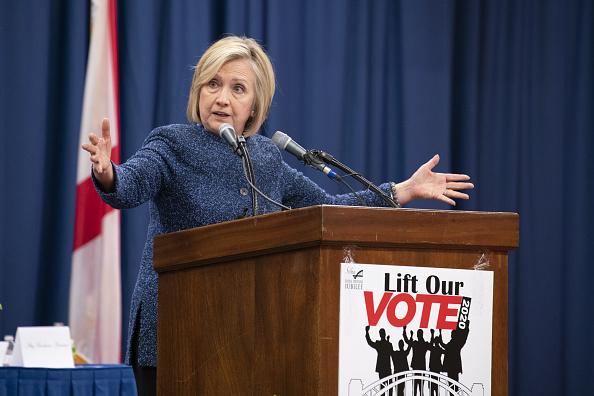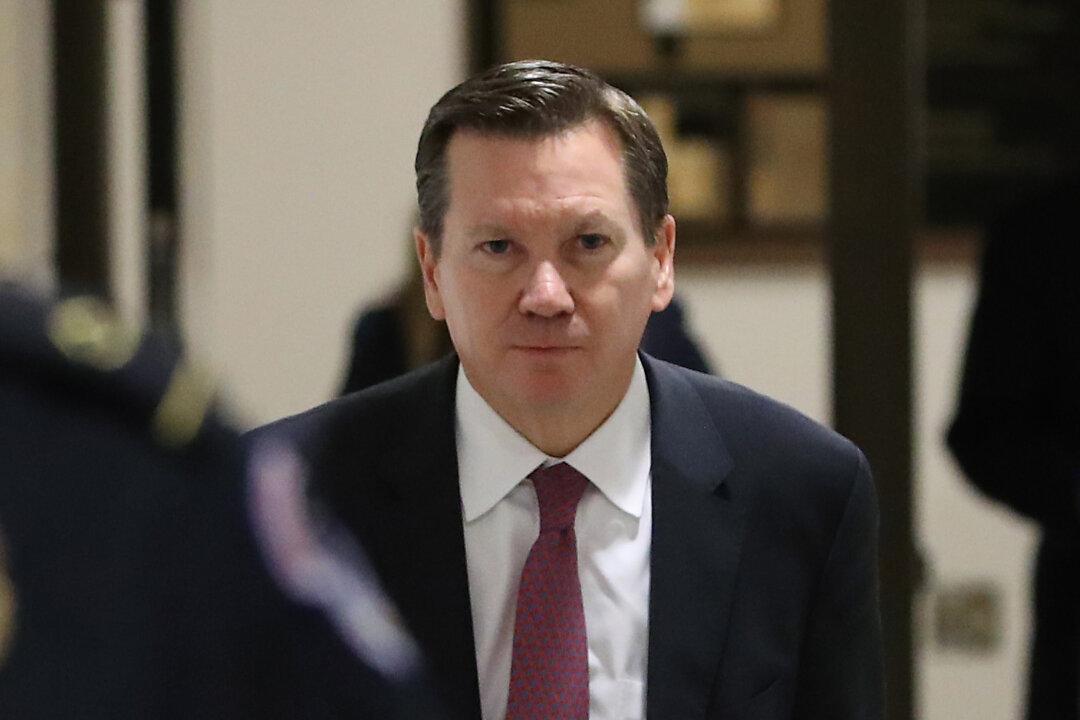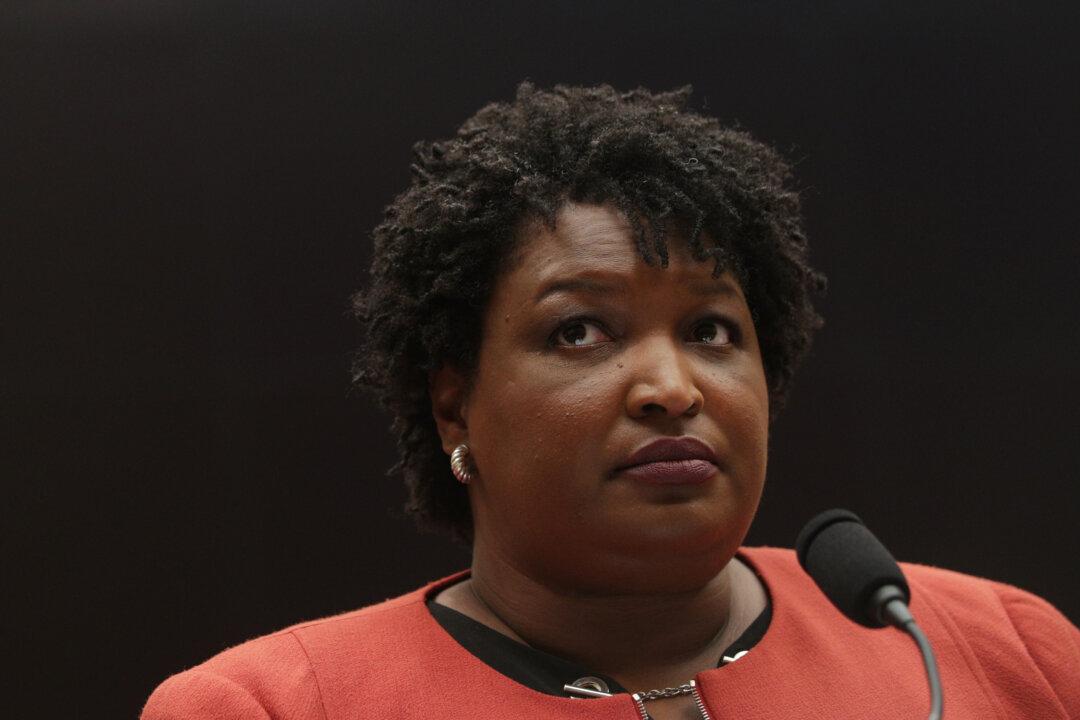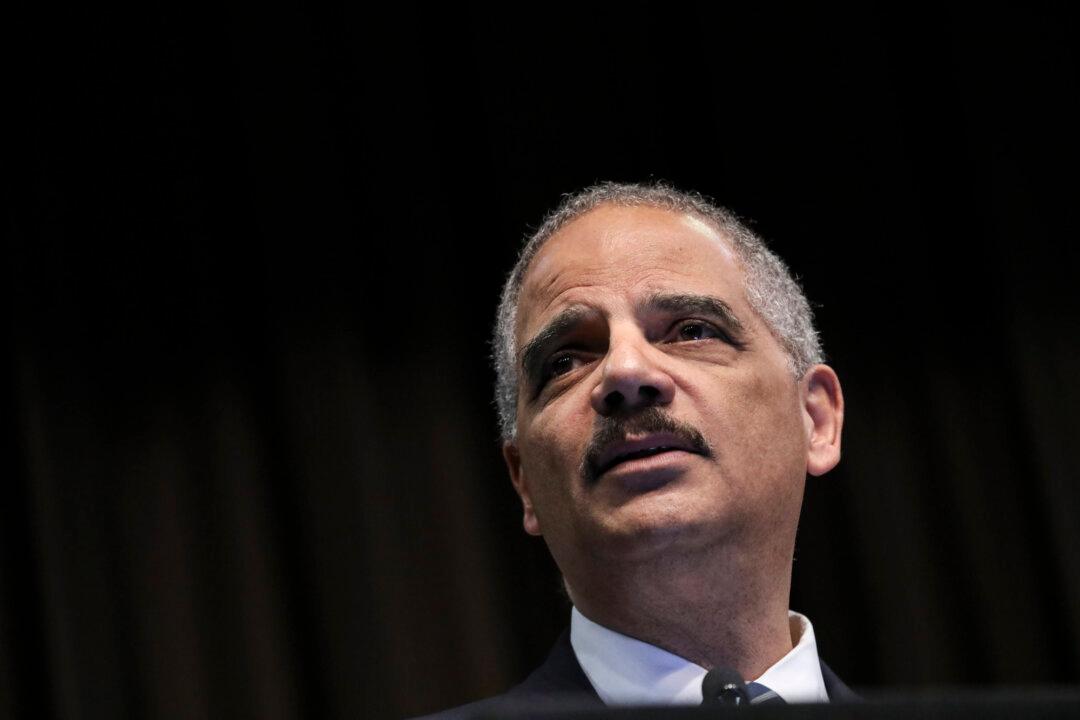Former presidential candidate Hillary Clinton joined a group of 2020 Democratic presidential hopefuls in Selma, Alabama, on March 3 to commemorate the 54th anniversary of the “Bloody Sunday” civil rights demonstration where Alabama state troopers beat peaceful African American demonstrators attempting to cross the Edmund Pettus Bridge.
Clinton used the opportunity to express divisive views on race relations, the Trump administration, and her stunning election loss in 2016. She also primed a “voter suppression” narrative to the mostly black audience.




